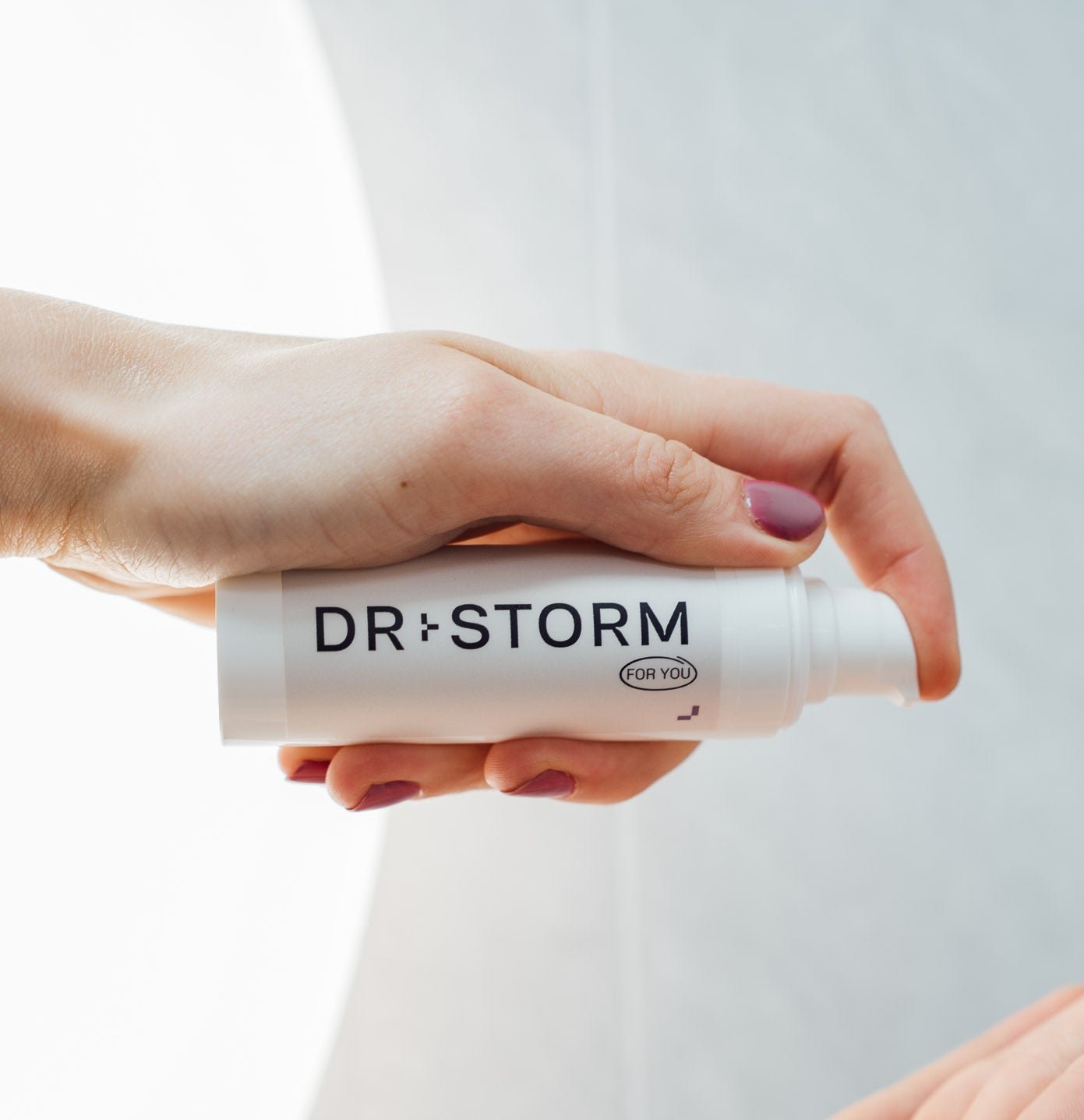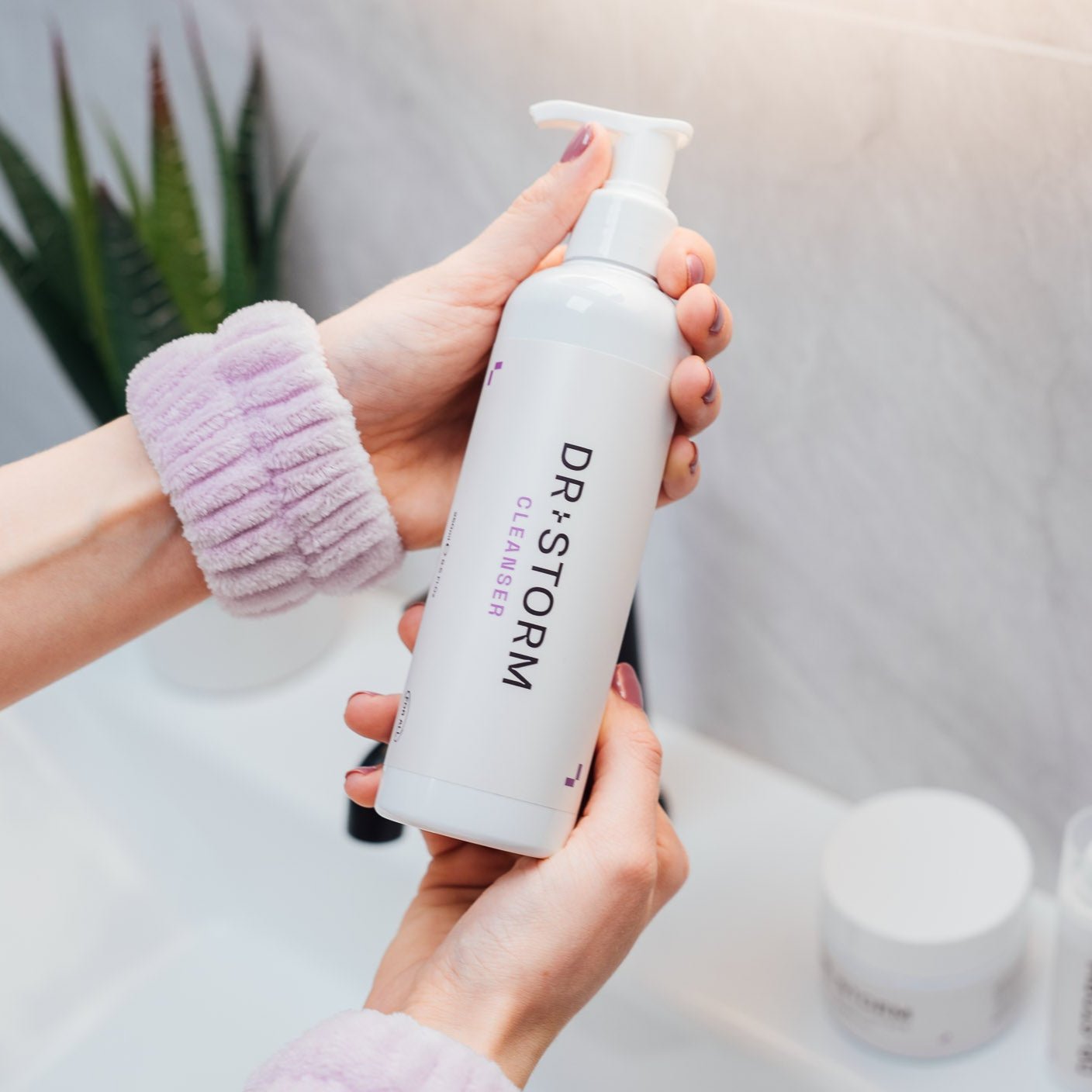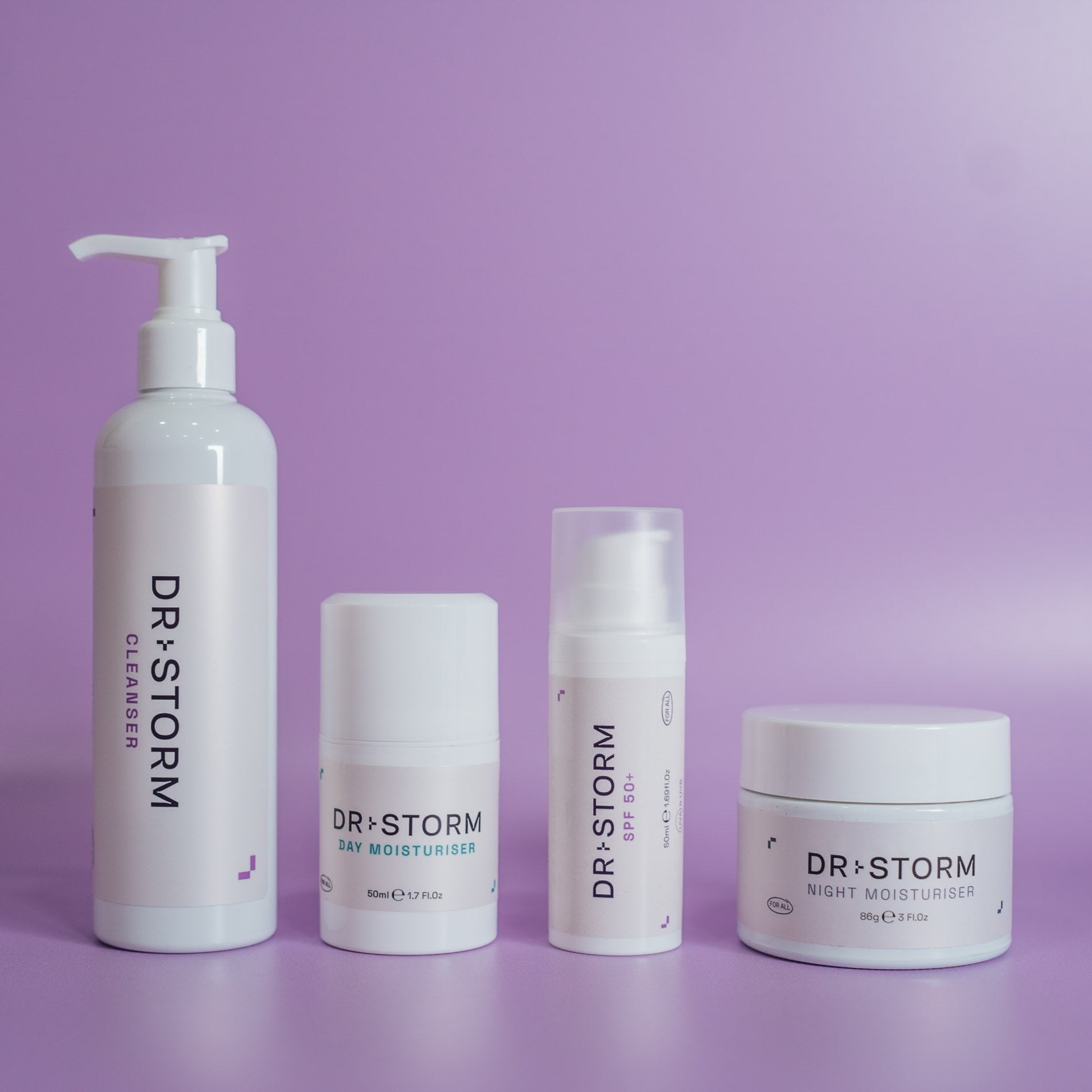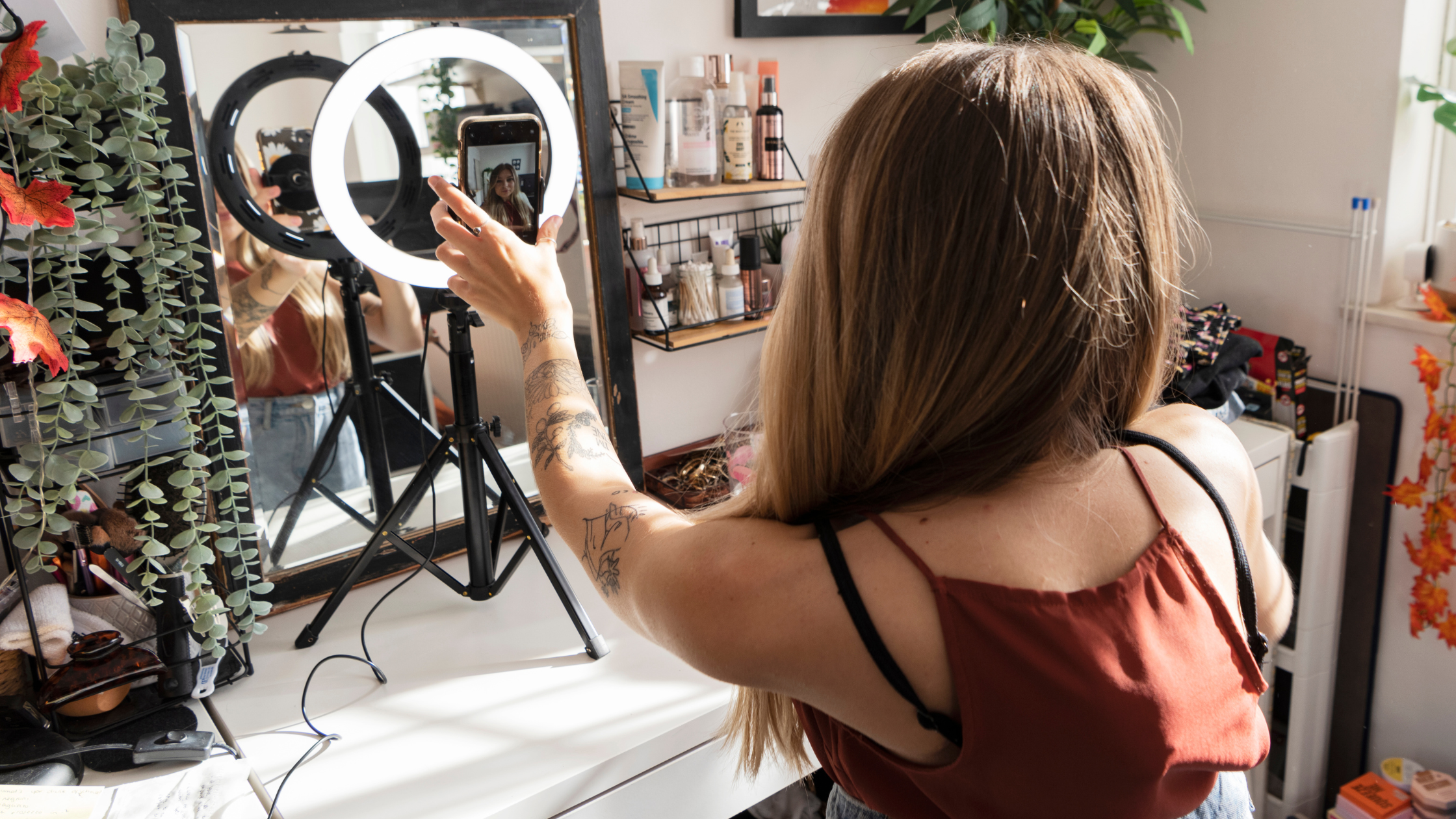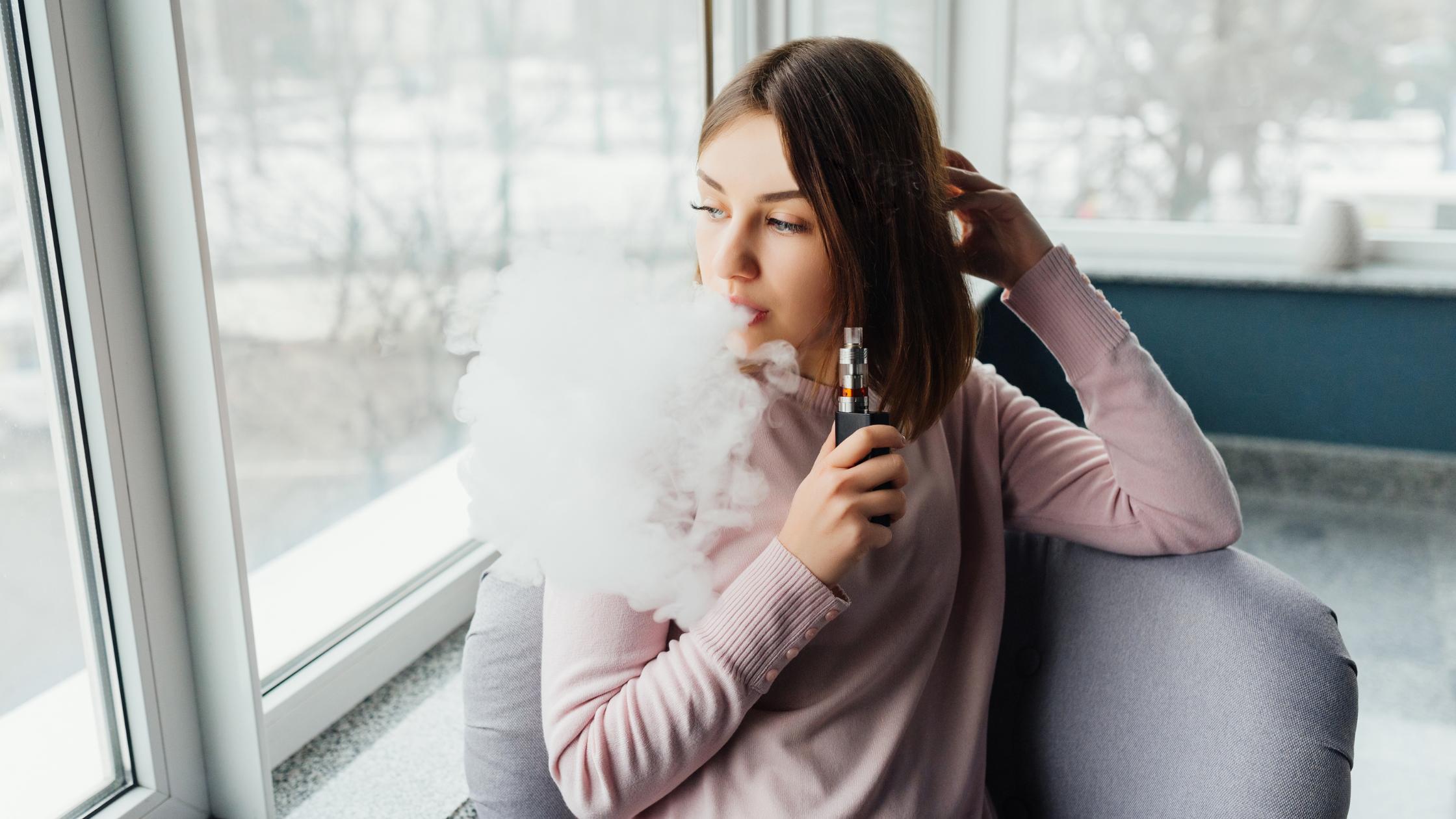As a medical professional specialising in skincare, it is essential to keep yourself updated with the latest trends and products in the industry. With the rapid advancements and breakthroughs in technology and research, new skincare trends and products emerge every year. However, not all of them are created equal, and it is crucial to differentiate between the fads and the practices that have been tested and proven to be effective.
In this blog post, we are going to delve into some of the most popular skincare trends of 2023 and provide evidence-based recommendations for effective skincare practices. We will explore the benefits and drawbacks of each trend, backed by scientific research, and weigh them against traditional practices that have been used for years. Our aim is not to discredit any of these trends, but rather to provide a comprehensive guide for anyone seeking to improve their skincare routine.
So, whether you are a skincare enthusiast or a professional in the industry, read on to discover the truth behind some of the most popular skincare trends of 2023 and how you can incorporate effective practices into your daily routine.
"All-Natural" Skincare Products

In the year 2023, a growing trend among consumers was the use of skincare products that were made with “all natural” ingredients. This was due to increasing concerns over the possible negative effects of synthetic chemicals being used in skincare products. Although it is true that some natural ingredients have skincare benefits, it is important to note that others can actually be harmful or irritating to the skin. Moreover, it is a common misconception that natural products are always more effective than synthetic ones.
What does “natural” even mean!? Natural ingredients are often referred to as those that are not manufactured in a lab. However, in order to get a “natural” product into a skin cream something needs to be done to make it stable enough to live in the cream so it can be applied to the skin. So even if a product starts as “natural” by the time it gets into your cream it will more often than not have preservatives or fragrance added to it. In my opinion “natural” products are no better for the skin…
As a medical professional, it is important to keep yourself updated on the latest information regarding natural and synthetic skincare products, so that you can provide your patients with the best possible advice. Educating your patients on the potential risks and benefits of natural products is crucial, as it can help them make informed decisions about what to use on their skin. It is also important to recommend products based on your clients' individual skin type and concerns, as this can help them achieve their desired results.
When it comes to natural ingredients, there are many that can have anti-inflammatory and soothing effects on the skin, such as chamomile and aloe vera. However, it is important to use these ingredients in moderation, as excessive use may cause adverse reactions. Moreover, it is important to avoid any ingredients that may cause irritation or allergic reactions to your clients' skin, as this can lead to further skin problems. By taking a careful and informed approach to natural skincare products, you can help your clients achieve healthier and more radiant skin.
"Skin Fasting"

Skin fasting, also known as a skincare detox, is a practice that involves abstaining from using all skincare products for a certain period of time. Proponents of this practice believe that it allows the skin to "breathe" and restore its natural balance. However, while excessive use of skincare products can be harmful to the skin, there is currently no scientific evidence to suggest that skin fasting is beneficial.
If you have irritated your skin barrier by using too many products or damaged it with products or treatments such as acids and peels, it is advisable to leave your skin alone as much as possible. In this instance minimising cleansing and using a good thick ointment based moisturiser like the Dr Storm moisturiser will help restore the skin barrier. The skin is an amazing organ and will regenerate itself if protected and given time to heal. As for as “toxins” produced by the skin as cells turn over, you don't need to worry about these. They are removed by the body through the lymphatics and blood. It is also worth mentioning here that your skin doesn't “get used” to skin care products. The outer layer of skin cells, the epidermis, is constantly turning over and therefore you are constantly exposing new cells to the skincare products you are using. The skin will change with the environment, as we age and with hormonal shifts and you may have to alter your skincare products accordingly, for example using a thicker, more occlusive moisturiser during the winter months when we tend to lose more water from the surface of the skin.
It is essential to stress the importance of maintaining a consistent skincare routine that is tailored to your client's unique needs and concerns. While skin fasting may seem like an appealing option to some, it is crucial to recognise the potential risks associated with this practice. In fact, abstaining from skincare products can lead to dryness, irritation, and a host of other issues, and it may even exacerbate existing skin conditions.
Additionally, giving your skin “breaks” from evidenced-based treatments like tretinoin can cause the skin to go through repeated episodes of “re-retinisation,” when the skin has to adapt to these powerful medical ingredients all over again causing repeated episodes of dry skin. Consistency and prolonged is key to get results from tretinoin.
Instead of recommending skin fasting, consider talking with your clients about creating a customised skincare regimen that is both effective and gentle on the skin. This may include using high-quality, nourishing products that are specifically formulated to target their individual skin concerns. By doing so, you can help your clients achieve the healthy, radiant-looking skin they desire without compromising their skin's health and well-being.
"DIY" Skincare

In 2023, there was a growing trend towards making skincare products at home using “natural” ingredients in the form of foodstuffs such as honey, avocado, and olive oil. This trend was seen as a fun and affordable alternative to buying expensive products, and many people enjoyed the process of creating their own skincare products. However, it's important to note that DIY skincare products are not necessarily more effective than store-bought products, and can even be harmful if made incorrectly or with the wrong ingredients.
Jennifer Lopez caused a stir when she claims she had no “work” done and simply used olive oil on her face every day her whole life. I personally would not recommend the use of olive oil as some studies have suggested it can damage the skin barrier, and has the potential to promote the development of, and exacerbate existing, atopic dermatitis
As a medical professional specialising in skincare, it's important to recommend high-quality, scientifically-proven skincare products that have undergone rigorous testing and quality control to ensure their safety and effectiveness. While some natural ingredients can have skincare benefits, it's important to use these ingredients in moderation and to avoid any ingredients that may cause irritation or allergic reactions. It's also worth noting that using store-bought products can provide a level of assurance in terms of quality and safety, as these products have already undergone testing and quality control measures.
Additionally, it's important to educate clients on the potential risks associated with making skincare products at home, especially if they are not familiar with the skincare ingredients and their proper use. Encouraging clients to seek professional advice and guidance can help prevent any negative outcomes, and can also help them to achieve their desired skincare goals in a safe and effective manner.
Overall, while the trend towards making skincare products at home using natural ingredients is a fun and creative way to approach skincare, it's important to approach this trend with caution and to prioritise the safety and effectiveness of skincare products above all else…and J-Lo isn't always right!
"Vegan" Skincare

Explanation of the trend: Over the past few years, there has been a significant rise in the popularity of skincare products that are labeled as "vegan," indicating that they are free of any animal-derived ingredients. This trend has been fuelled by growing concerns among consumers regarding animal welfare and the environmental impact of animal agriculture. In response to these concerns, many people are seeking out vegan skincare alternatives that are believed to be more ethical and sustainable.
Why it's popular: The popularity of vegan skincare products can be attributed to several factors. First and foremost, many consumers are becoming more conscious of the impact that their purchases have on the environment and on the animals that are used to produce traditional skincare products. By choosing vegan options, they are able to reduce their environmental footprint and support animal welfare. Additionally, vegan skincare products are often marketed as being gentler and less harsh on the skin, making them an attractive option for people with sensitive or allergy-prone skin.
Why it's not effective: Despite the many benefits of vegan skincare products, some critics argue that they may not be as effective as their non-vegan counterparts. This is because some animal-derived ingredients have been shown to have significant skincare benefits. In some cases, these ingredients may be more effective than their plant-based alternatives. However, it's important to note that this is not always the case and that the effectiveness of a skincare product depends on a variety of factors, including the individual ingredients and the specific needs of the user.
Scientific evidence to back up claims: While there is no scientific evidence to suggest that vegan skincare products are inherently better or more effective than non-vegan products, there is some research to suggest that certain plant-based ingredients may be beneficial for the skin. For example, ingredients like aloe vera and chamomile have been shown to have anti-inflammatory properties that can help soothe and calm the skin. Additionally, many plant-based ingredients are rich in antioxidants, which can help protect the skin from damage caused by free radicals. Ultimately, it's important to focus on the ingredients themselves and their individual skincare benefits, rather than simply whether or not they are derived from animals.
"Double Cleansing"

Double cleansing has become increasingly popular in recent years. This skincare trend involves using two different cleansers in a specific order to thoroughly remove makeup, dirt, and oil from the skin.
One reason for the trend's popularity is that many people believe that double cleansing is more effective at removing impurities from the skin. This can lead to a clearer, brighter complexion, which is a desirable outcome for many people.
Double cleansing is felt by some to be particularly effective for those who wear heavy makeup or have oily skin. The first cleanser, usually an oil-based product, helps to break down and dissolve makeup and excess oils on the skin's surface. The second cleanser, often a water-based product, helps to remove any remaining impurities and leave the skin feeling clean and refreshed.
I advise my patients NOT to double cleanse as it can actually damage the skin barrier and strip the skin of natural lipids. I believe double cleansing is a concept made up by big skincare companies who want to sell more product and is not necessary. One pump of the Dr Storm cleanser with a bit of water should be enough to remove all make up and impurities on the skin. Your skin feeling “clean” or “tight” is not a good thing as it probably means you've overdone it on the cleansing front!
While there is limited scientific research on the effectiveness of double cleansing, anecdotal evidence suggests that it can be beneficial for some people. Many skincare enthusiasts swear by this method and have reported improvements in their skin's texture and appearance after incorporating double cleansing into their routine. Overall, double cleansing is a simple yet effective way to ensure your skin is thoroughly clean and free of impurities.
"Facial Yoga"

Explanation of the trend: Facial yoga has become increasingly popular among people who are looking for natural and non-invasive ways to improve the appearance of their skin. It involves performing exercises and stretches with the face and neck muscles, with the goal of reducing wrinkles and improving skin tone.
Why it's popular: Facial yoga is seen as an affordable and low-risk option for improving skin appearance. It's also a convenient way to incorporate self-care into daily routines, and may help reduce stress and tension in the face and neck muscles.
Why it's not effective: While facial yoga has gained popularity in recent years, there is limited scientific evidence to support its claims of reducing wrinkles and improving skin tone. In fact, some facial exercises can actually lead to the formation of wrinkles and fine lines, especially if they are performed incorrectly or with too much force!
Scientific evidence to back up claims: Currently, there is no scientific evidence to suggest that facial yoga is effective at reducing wrinkles or improving skin tone. However, this does not mean that facial yoga is completely ineffective. It's important to remember that everyone's skin is unique, and what works for one person may not work for another. It's also important to focus on evidence-based skincare practices, such as using sunscreen and avoiding smoking, to maintain healthy and youthful-looking skin. By incorporating these practices into a regular skincare routine, individuals can help to prevent the signs of ageing and maintain a healthy complexion.
Dr Storm says..
While I don't believe facial yoga is in any way beneficial for the skin and may actually cause more wrinkles, if it is a stress reliever for you then go for it!
Skincare That is Scientifically Proven to Work

While there are many skincare trends out there that lack scientific evidence, it is important to note that there are also many products and practices that have been rigorously tested and proven to be effective at improving skin health and appearance. One such practice is personalised skincare.
The idea behind personalised skincare is to use products and treatments that are specifically tailored to your individual skin type, concerns, and needs. By working with a medical professional, you can develop a skincare regimen that includes a combination of prescription-strength products, over-the-counter products, and in-office treatments such as microneedling, radio frequency microneedling and laser therapy.
Research has found that personalised skincare can be highly effective at improving a wide range of skin concerns, including acne, hyperpigmentation, and signs of ageing. By having a customised skincare routine, you are using products and treatments that are designed to target your specific skin concerns and needs.
It's important to emphasise that not all personalised skincare regimens are created equal, and it's crucial to work with a qualified medical professional who can provide evidence-based recommendations and monitor your progress over time. This way, you can ensure that your skincare regimen is optimal and effective. In addition, a skincare specialist can make adjustments to your regimen as needed to ensure that it continues to meet your changing needs.
In conclusion, personalised skincare is a highly effective method for improving skin health and appearance. By working with a medical professional to develop a customised regimen, you can achieve healthy, glowing skin that looks and feels its best.
You can order Dr Storm - Personalised Skincare here: Personalised Skincare
What we've learned..
In conclusion, as a medical professional specialising in skincare, it's crucial to prioritise evidence-based skincare practices. This means staying up-to-date with the latest research on skincare products and treatments, and being able to decipher which claims are supported by scientific evidence and which are not. It's also important to educate your clients on the potential risks and benefits of different skincare practices, so that they can make informed decisions about their own skincare routines.
Furthermore, as the beauty industry continues to grow, it's important to debunk popular skincare trends that are not supported by scientific evidence. This can include the use of certain ingredients or treatments that are claimed to have miraculous results, but which have not been proven effective through rigorous scientific testing. By taking a critical approach to these trends and educating clients on the importance of evidence-based skincare, you can help them avoid wasting time and money on ineffective treatments.
Ultimately, by prioritising evidence-based skincare practices and educating clients on the best ways to care for their skin, you can help them achieve healthy, glowing skin that is tailored to their individual needs and concerns. This can involve recommending specific products or treatments that have been shown to be effective, as well as providing guidance on lifestyle factors such as diet and exercise that can also play a role in skin health. With your expertise and knowledge, you can make a real difference in the lives of your clients and help them achieve their skincare goals.

